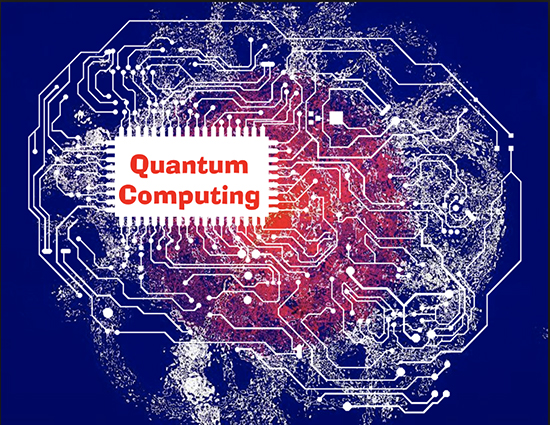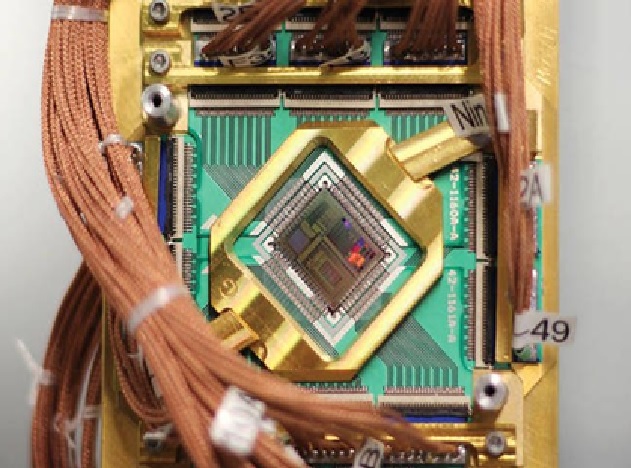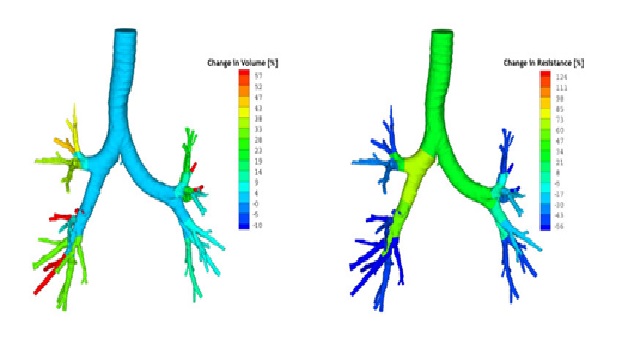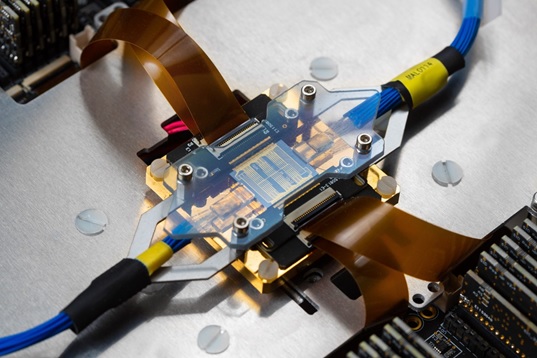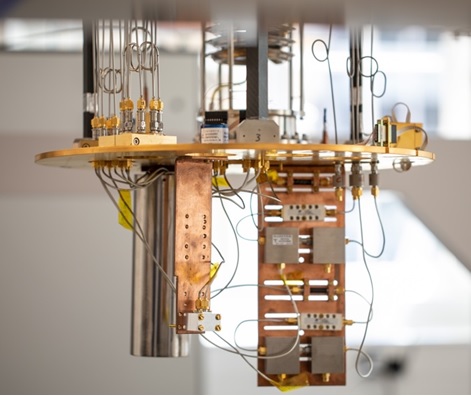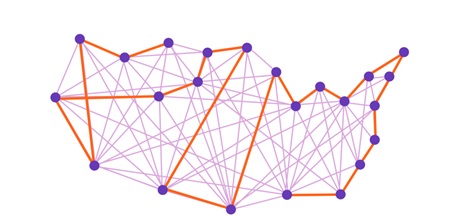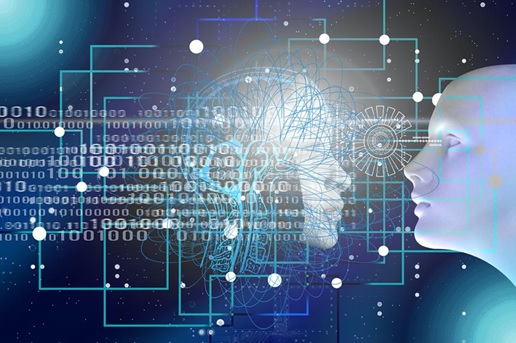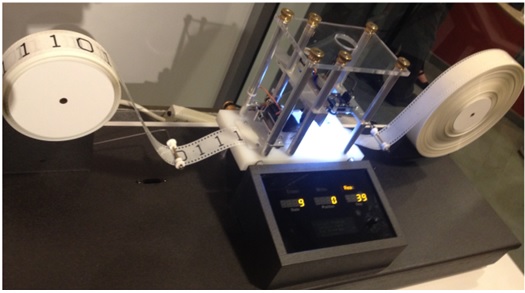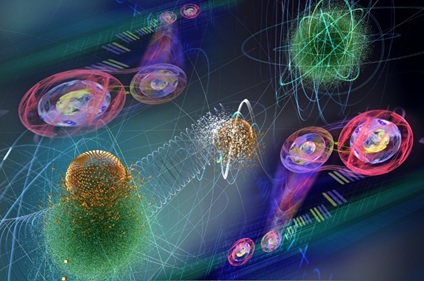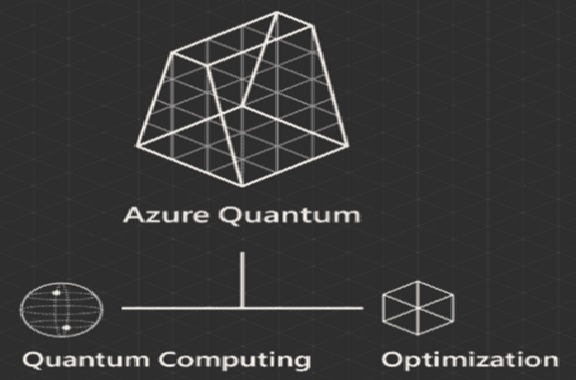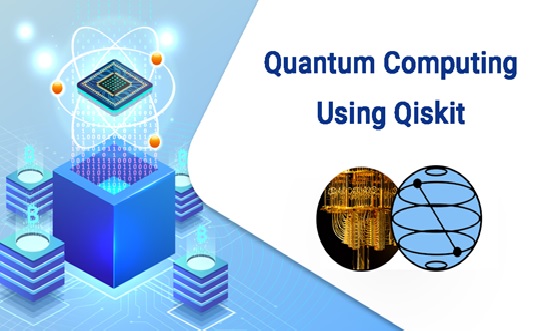The Development of Quantum Self Testing
Self-testing is a method to infer the underlying physics of a quantum experiment in a black box scenario. As such it represents the strongest form of certification for quantum systems.
The advent of quantum theory has not just changed the understanding of physics but has also given rise to new phenomena that would have never been possible in the classical world. Arguably, one of the most interesting features of quantum theory [1] is the existence of quantum correlations, which cannot be explained by any local hidden-variable model, a phenomenon commonly referred to as Bell nonlocality. It has been understood that apart from its fundamental significance, nonlocality is a powerful resource for certain device-independent applications such as quantum cryptography, randomness generation or more recently, for device-independent figure1 shown below certification methods.
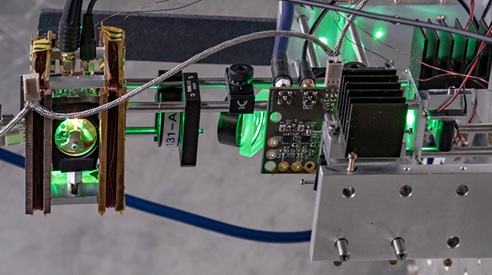
Figure 1. Quantum Self Testing
Self-testing is a method to characterise an arbitrary quantum system based only on its classical input-output correlations, and plays an important role in device-independent quantum information processing as well as quantum complexity theory. Prior works on self-testing require the assumption that the system's state is shared among multiple parties that only perform local measurements and cannot communicate. Here, we replace the setting of multiple non-communicating parties, which is difficult to enforce in practice, by a single computationally bounded party [2]. Specifically, we construct a protocol that allows a classical verifier to robustly certify that a single computationally bounded quantum device must have prepared a Bell pair and performed single-qubit measurements on it, up to a change of basis applied to both the device's state and measurements. This means that under computational assumptions, the verifier is able to certify the presence of entanglement, a property usually closely associated with two separated subsystems, inside a single quantum device. To achieve this, we build on techniques first introduced by Brakerski et al. (2018) and Mahadev (2018) which allow a classical verifier to constrain the actions of a quantum device assuming the device does not break post-quantum cryptography.
Quantum Random Number Generation
We have developed a unique Quantum Random Number Generation system, which uses quantum interferometry to provide a scalable and highly secure method for generating self-tested certified random numbers. This patented technology represents a break through which solves the most [3] important security issues of random generators available today, even beyond other methods based on quantum photonic detection, since it includes active control of quantum states.
We present a scheme for a self-testing quantum random number generator. Compared to the fully device-independent model, our scheme requires an extra natural assumption, namely that the mean energy per signal is bounded. The scheme is self-testing, as it allows the user to verify in real-time the correct functioning of the setup, hence guaranteeing the continuous generation of certified random bits. Based on a prepare-and-measure setup, our scheme is practical, and we implement it using only off-the-shelf optical components. The randomness generation rate is 1.25 Mbits/s, comparable to commercial solutions. Overall, we believe that this scheme achieves a promising trade-off between the required assumptions, ease-of-implementation and performance.
Self-testing is a method to infer the underlying physics of a quantum experiment in a black box scenario. As such it represents the strongest form of certification for quantum systems. In recent years a considerable self-testing literature has been developed, leading to progress in related device-independent quantum information protocols and deepening our understanding of quantum correlations. In this work we give a thorough and self-contained introduction and review of self-testing and its application to other areas of quantum information.
References:
- https://www.nature.com/articles/s41534-021-00490-3
- https://arxiv.org/abs/2001.09161
- https://www.sequre-quantum.com/#:~:text=Self-Testing%20Quantum%20Random%20Number%20Generator%20Quantum%2 0Random%20Number,secure%20method%20for%20generating%20self-tested%20certified%20random%20numbers.
Cite this article:
S. Nandhinidwaraka (2021) The development of Quantum Self Testing, AnaTechMaz, pp.11


